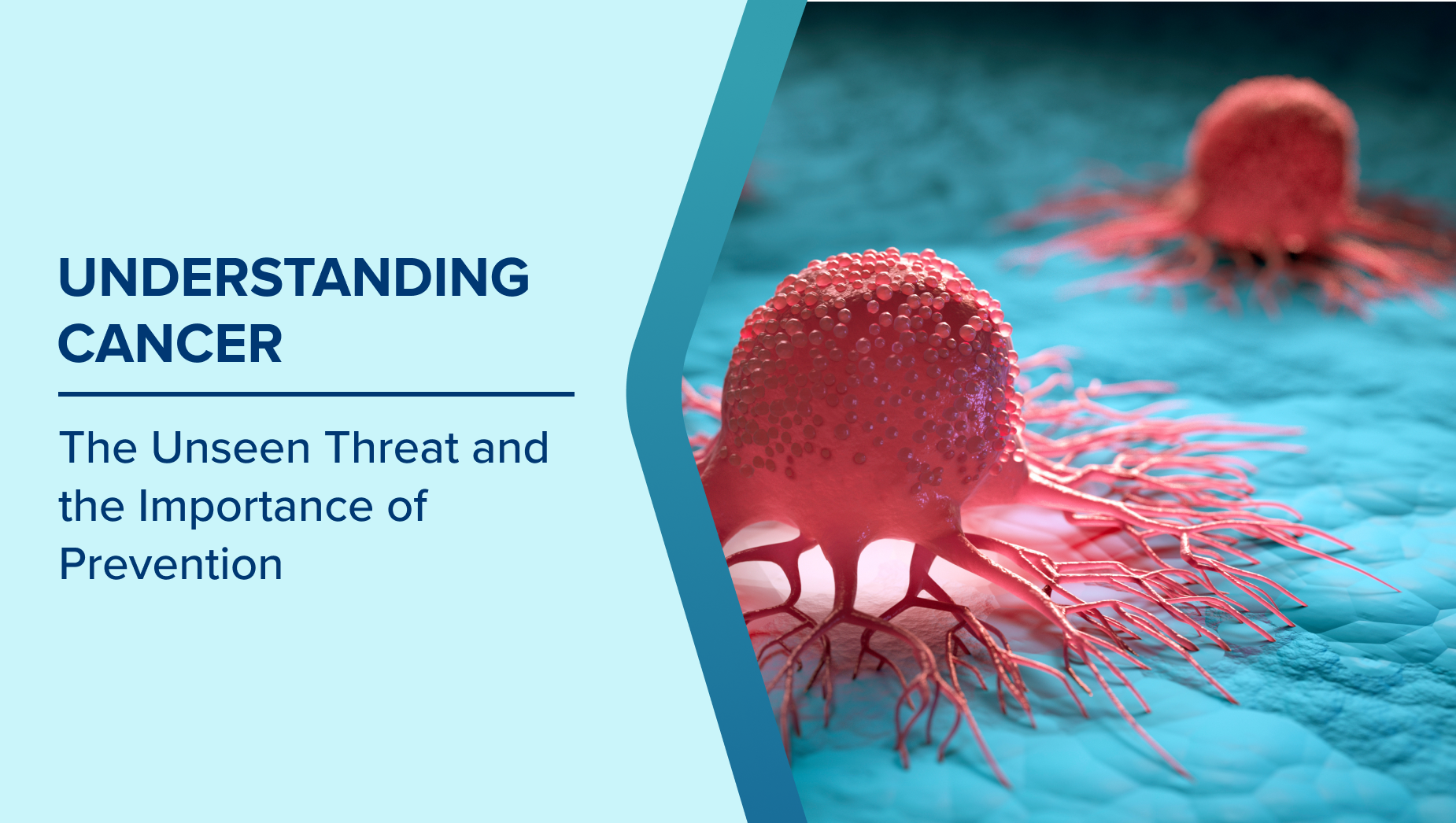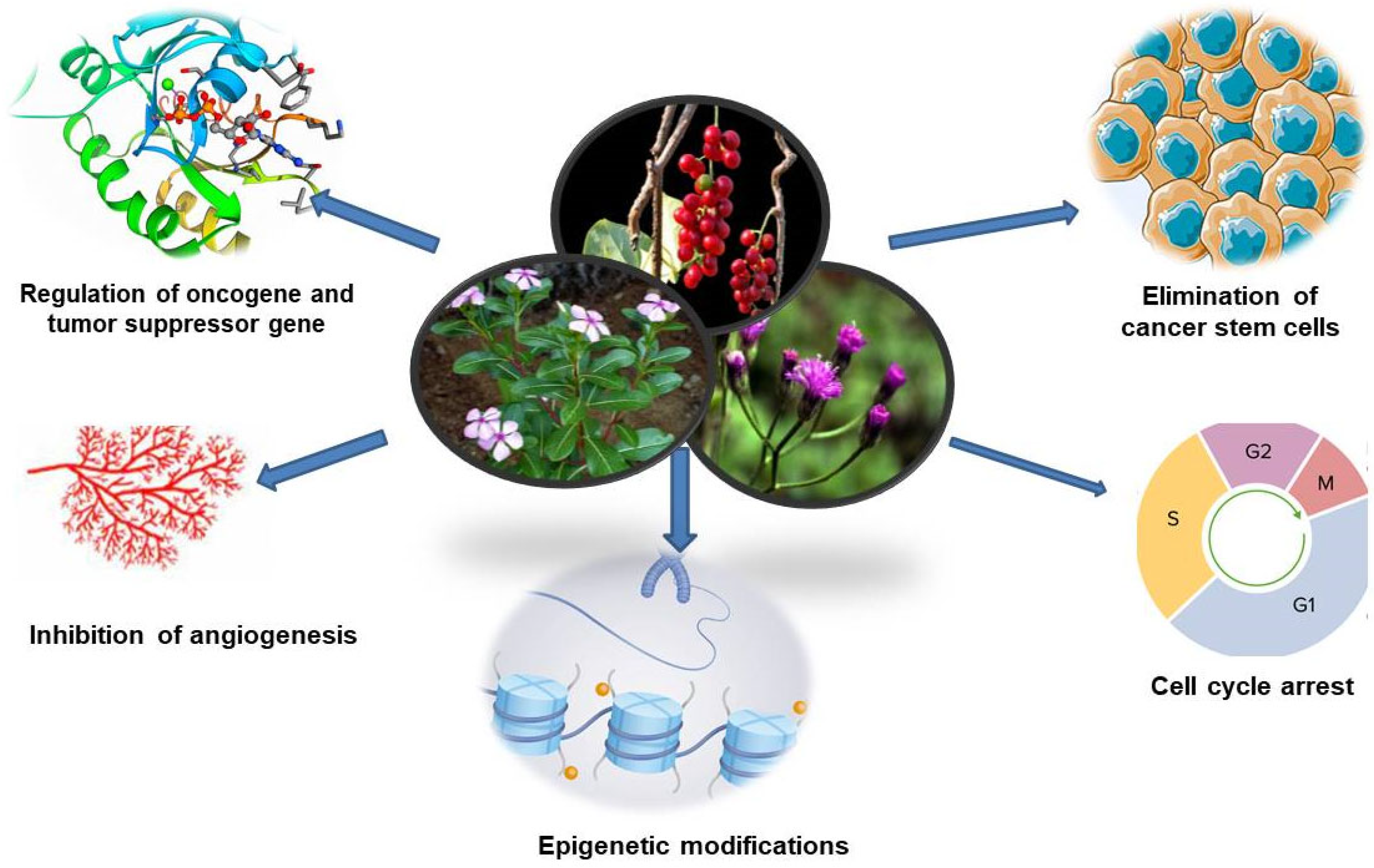Cancer is one of the most challenging health conditions, affecting millions across the globe. Conventional treatments like chemotherapy, radiation, and surgery have helped many fight this illness, but they often lead to physical and emotional side effects that can impact a patient’s overall quality of life. As awareness grows, more people are turning to holistic alternatives for support during their healing journey.
Among these alternatives, Ayurvedic cancer treatment has emerged as a supportive and holistic method that emphasises natural healing, mind-body balance, and strengthening the immune system. In this article, we explore the basics of cancer, how Ayurveda approaches this complex disease, and where you can find trusted cancer care in Dehradun, including expert consultation from Dr Arvind Chaudhary, a specialist in integrative cancer therapies.
Understanding Cancer: A Modern Perspective
Cancer occurs when cells in the body begin to grow uncontrollably, forming tumours that may invade surrounding tissues or spread to other parts of the body. With over 100 different types, including breast cancer, lung cancer, prostate cancer, and colorectal cancer, each presents its own set of challenges. While conventional treatments target the disease directly, Ayurvedic cancer treatment offers supportive care that addresses the root imbalances contributing to the condition.
The causes of cancer are multifactorial and can include:
- Genetic Factors: Certain genes can predispose individuals to cancer, making them more susceptible to the disease.
- Environmental Factors: Exposure to harmful chemicals, radiation, and pollutants can increase the risk of developing cancer.
- Lifestyle Factors: Poor diet, lack of physical activity, smoking, and excessive alcohol consumption are major contributors to cancer risk.
- Infections: Certain viruses and bacteria can trigger the development of cancer, such as HPV, leading to cervical cancer.
Conventional treatment options for cancer include surgery to remove tumours, chemotherapy to destroy cancer cells, and radiation therapy to target affected areas. While these methods can be effective, they often come with significant side effects such as fatigue, nausea, hair loss, and a weakened immune system. In such cases, Ayurvedic cancer treatment can play a complementary role by helping to manage these side effects and support overall recovery.

The Ayurvedic Perspective on Cancer
Ayurvedic cancer treatment is rooted in Ayurveda, the ancient Indian system of medicine that views cancer through a holistic lens. According to Ayurvedic principles, cancer arises from an imbalance in the body’s three doshas—Vata, Pitta, and Kapha. This disruption interferes with the body’s natural functions and leads to the accumulation of toxins, known as Ama, which are believed to contribute to the formation and growth of tumours.
In Ayurveda, cancer is categorised into two types:
- Granthi: Benign tumours or localised growths that are less likely to spread.
- Arbuda: Malignant tumours that are aggressive and have the potential to spread to other parts of the body.
Ayurvedic cancer treatment focuses on restoring balance to the doshas, eliminating toxins from the body, and strengthening the body’s natural defence mechanisms. This holistic approach addresses not only the physical symptoms of cancer but also supports the patient’s mental and emotional well-being, aiming for complete mind-body healing throughout the treatment journey.
Principles in Ayurvedic Cancer Treatment
Ayurvedic cancer treatment involves a combination of dietary changes, herbal remedies, detoxification, and lifestyle modifications. Some key components of Ayurvedic treatment include:
- Detoxification (Panchakarma): Panchakarma is a traditional Ayurvedic detoxification therapy that aims to cleanse the body of toxins. It includes procedures such as Vamana (therapeutic vomiting), Virechana (purgation), Basti (enema), Nasya (nasal administration of medication), and Raktamokshana (bloodletting). These therapies help remove accumulated toxins and restore the balance of the doshas.
- Herbal Remedies: Ayurveda uses a variety of herbs known for their anti-cancer properties. Some commonly used herbs include:
- Ashwagandha (Withania somnifera): Known for its immune-boosting and adaptogenic properties, Ashwagandha helps reduce stress and supports the body’s ability to fight cancer.
- Turmeric (Curcuma longa): Curcumin, the active ingredient in turmeric, has powerful anti-inflammatory and antioxidant effects, making it effective in preventing the growth of cancer cells.
- Guggul (Commiphora mukul): Guggul is used in Ayurveda for its anti-inflammatory and detoxifying properties. It helps in reducing tumours and clearing toxins from the body.
- Tulsi (Ocimum sanctum): Tulsi, also known as holy basil, has anti-cancer properties and helps in protecting the body against radiation-induced damage.
- Dietary Guidelines: Ayurveda emphasises the importance of a balanced diet tailored to the individual’s dosha. For cancer patients, a diet rich in fruits, vegetables, whole grains, and healthy fats is recommended. Avoiding processed foods, excessive sugar, and red meat is also advised. Ayurvedic practitioners may suggest specific foods that help in detoxification and boosting immunity.
- Stress Management: Ayurveda recognises the connection between the mind and body, and stress is seen as a major contributor to disease. Techniques such as meditation, yoga, and pranayama (breathing exercises) are recommended to help manage stress and improve overall well-being.
- Lifestyle Changes: Ayurveda promotes a lifestyle that supports healing and balance. This includes regular physical activity, adequate sleep, maintaining a positive mindset, and following a daily routine that aligns with the body’s natural rhythms.

Integrating Ayurveda with Conventional Cancer Treatment
While Ayurvedic cancer treatment offers a holistic and supportive approach, it is essential to understand that it should not replace conventional medical care. Instead, Ayurveda can be effectively integrated with standard cancer therapies to enhance treatment outcomes, minimise side effects, and improve the overall quality of life for patients.
- Complementary Therapy: Ayurvedic treatments can be used alongside chemotherapy, radiation, or surgery to help manage side effects and support the body’s healing process. For example, Ayurvedic herbs like Ashwagandha and Turmeric can help boost the immune system and reduce inflammation caused by conventional treatments.
- Preventive Measures: Ayurveda also emphasises prevention, and its principles can be applied to reduce the risk of cancer. This includes following a balanced diet, maintaining a healthy lifestyle, and regularly detoxifying the body.
- Palliative Care: In cases where cancer is advanced and conventional treatments are no longer effective, Ayurveda can provide palliative care to improve the patient’s quality of life. Ayurvedic therapies can help manage pain, reduce anxiety, and provide comfort during the final stages of the disease.
Finding the Best Cancer Care in Dehradun
Dehradun, with its serene environment and rich tradition of Ayurveda, is home to some of the best cancer care facilities in India. Whether you are seeking conventional treatment or Ayurvedic cancer treatment, Dehradun offers a range of options to suit your needs, blending modern medicine with time-tested holistic approaches for comprehensive healing.
- Best Cancer Doctor in Dehradun: For those seeking conventional cancer treatment, Dehradun is home to some of the best cancer doctors in Dehradun, renowned for their expertise across various cancer types. These highly skilled oncologists offer compassionate care while utilising advanced medical technologies to ensure precise and effective treatment. Working in top hospitals, they provide comprehensive services, including surgery, chemotherapy, radiation therapy, and palliative care to support patients at every stage of their journey.
- Best Ayurveda Doctor in Dehradun: Dehradun is also renowned for its Ayurvedic practitioners who offer Ayurvedic cancer treatment through a holistic and personalised approach. The best Ayurveda doctors in Dehradun are well-versed in the ancient principles of Ayurveda and tailor each treatment plan to the patient’s unique condition. Their therapies focus on detoxification, immune system support, and improving overall well-being, making Ayurvedic cancer treatment a valuable complement to conventional care.
Conclusion
Cancer is a formidable disease, but with the right approach, it can be managed and treated effectively. Ayurveda offers a holistic and personalised approach to Ayurvedic cancer treatment, focusing on restoring balance to the body, eliminating toxins, and supporting the immune system. When integrated with conventional treatments, Ayurveda can enhance therapy outcomes, reduce side effects, and improve the overall quality of life for cancer patients.
In Dehradun, patients have access to both modern medical care and traditional Ayurvedic solutions, making it easier to choose the path that suits their needs best. Consulting the best cancer doctor in Dehradun ensures that patients receive expert guidance and a well-rounded treatment plan. Whether through Ayurveda, modern oncology, or a combination of both, a focused and informed approach can lead to better healing and lasting recovery.


